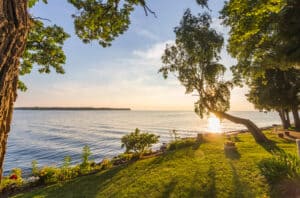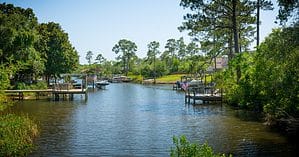Marijuana, cannabis, weed, whatever you call this psychoactive plant, its legality is a tricky subject. It’s often illegal, but some countries take a more liberal view when it comes to recreational weed. Here are 19 countries that have legalized (or decriminalized) recreational marijuana as of 2024.
Uruguay
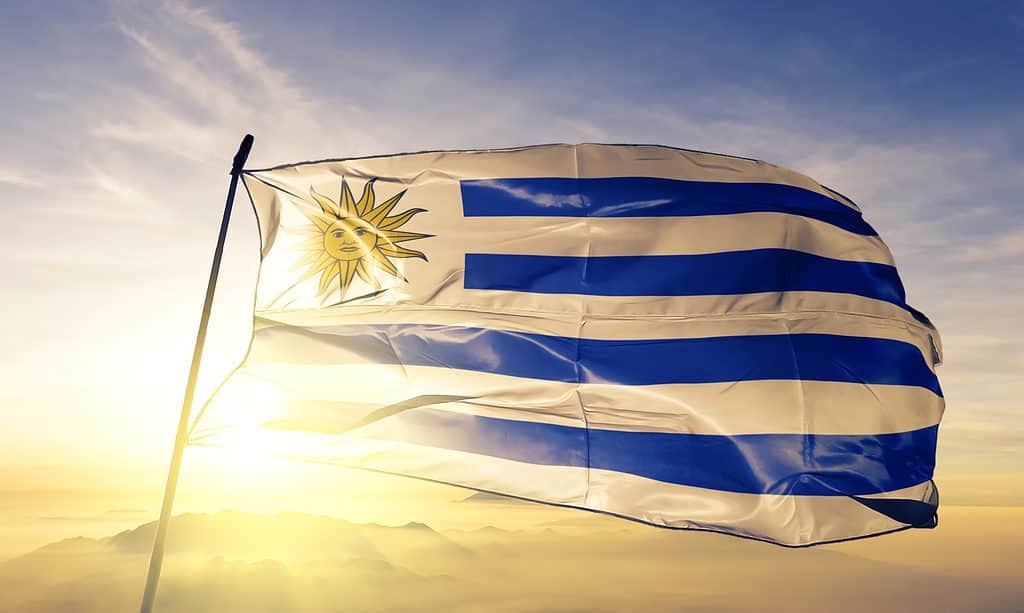
South American Uruguay was the first country to legalize marijuana.
©iStock.com/Oleksii Liskonih
Uruguay in South America was the first country to legalize adult recreational marijuana use in December 2013. It later legalized sales in July 2017.
Uruguayans can buy up to 10 grams of marijuana per week from a pharmacy, grow up to six plants at home, or even commit to a cannabis-growing club. There are currently 306 marijuana-growing clubs with 10,486 members across Uruguay. Production is curtailed to 480 grams per member. The IRCCA is responsible for monitoring regulations.
Georgia
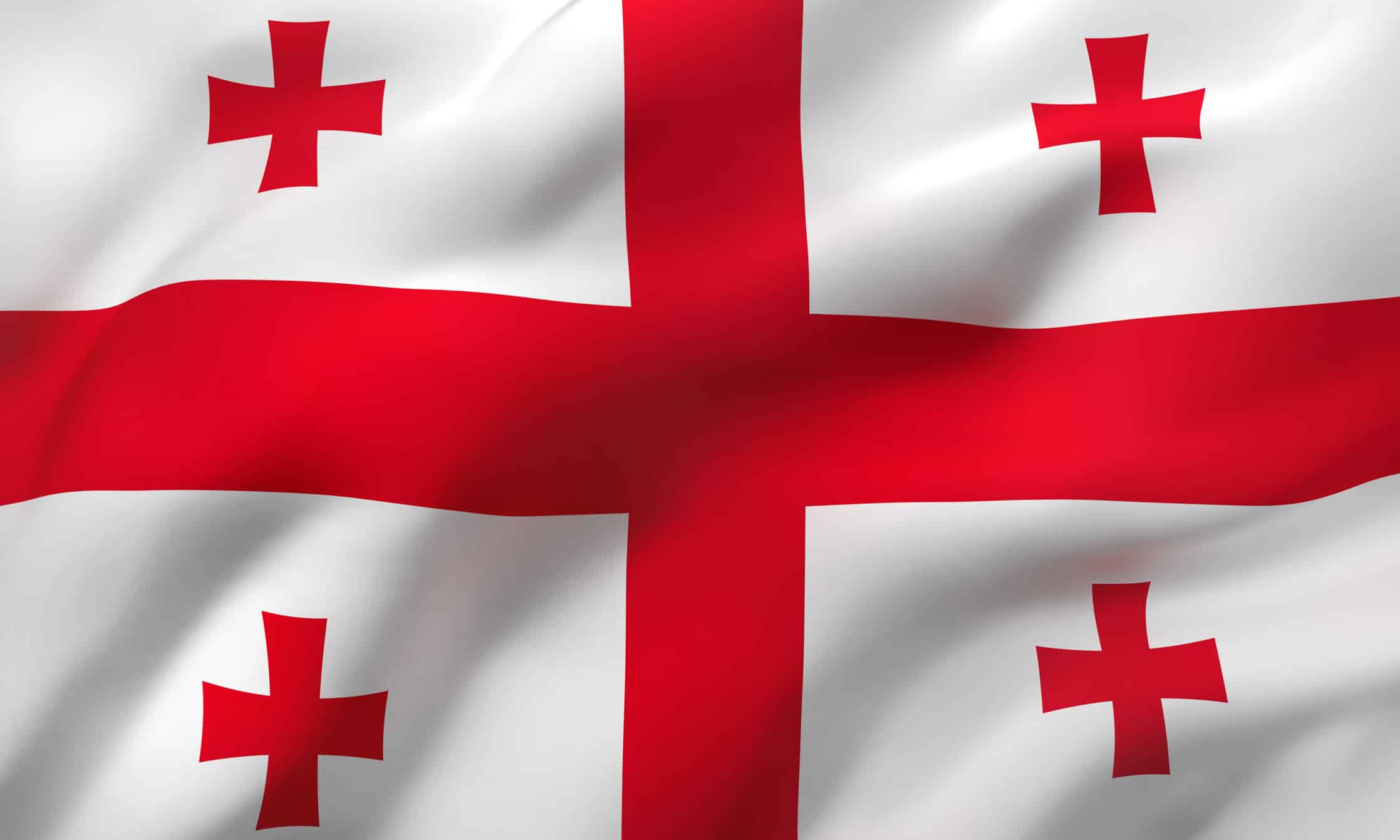
The only former Soviet Union country to legalize marijuana is Georgia.
©iStock.com/titoOnz
Georgia, in Eastern Europe and Western Asia, legalized possession of marijuana on July 30, 2018, stating in law that it only harmed the user’s health, not the general public, and therefore was not considered a danger. Before this ruling, those caught with marijuana faced 14 years in jail.
That said, Georgia’s recreational use is limited because large-scale cultivation and sale is still illegal, as is smoking cannabis in front of children, in public, or driving under the influence. However, it’s notable as the only former Soviet Union country to legalize cannabis.
Canada
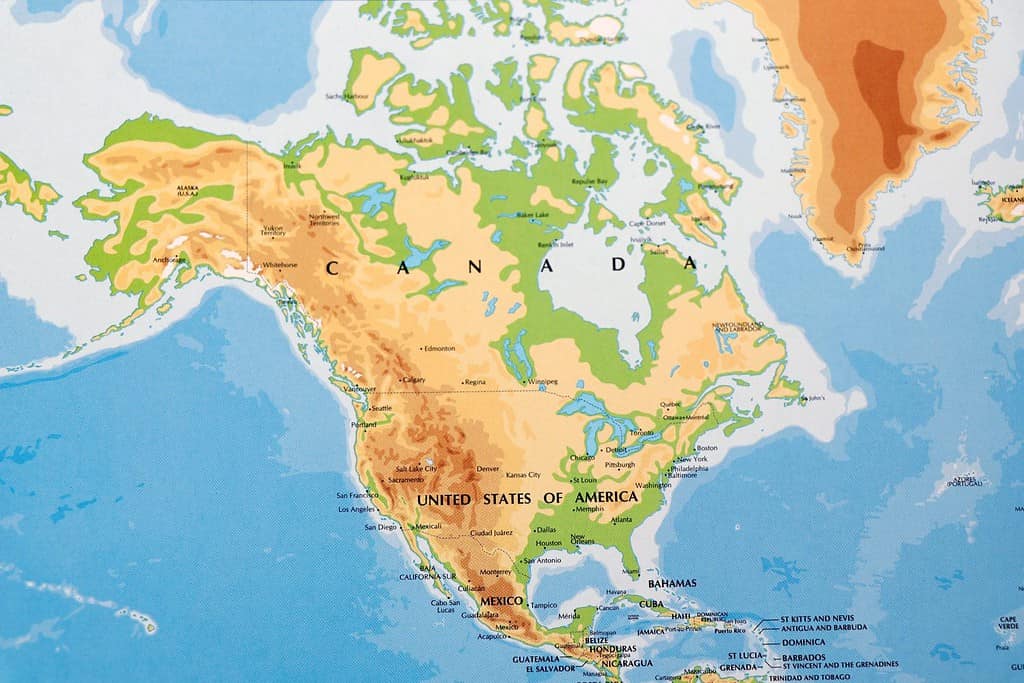
Canada legalized weed in October 2018.
©Libin Jose/Shutterstock.com
Recreational marijuana became legal when Justin Trudeau’s Federal Cannabis Act legalized it in October 2018.
However, it’s still a highly controlled substance only sold at government-licensed retailers. Marijuana packets have no logos or fancy packaging in Canada, just one color and an obvious health warning. Provinces apply their regulations. All except Manitoba and Quebec permit cultivation of four cannabis plants, and First Nation people implement their own laws on protected land.
Mexico
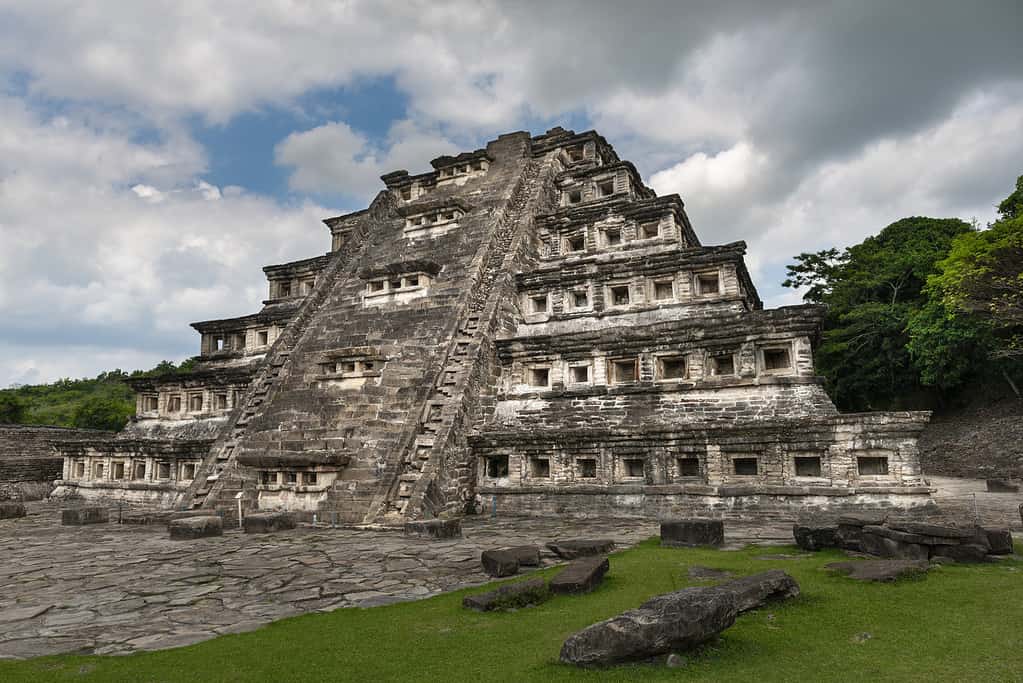
In 2021, Mexico legalized marijuana consumption.
©Tiago_Fernandez/iStock via Getty Images
Mexico legalized marijuana for recreational use in June 2021. Adults are permitted up to 28 grams of cannabis and may grow six plants at home, but smoking in public or in front of children is still against the law.
Experts weren’t surprised when Mexico legalized marijuana because the government decriminalized personal possession in 2009 with the hope it might lower criminal activity. In 2017, medical marijuana with under 1% Tetrahydrocannabinol TCH (that’s the psychoactive compound) became legal, too.
Malta
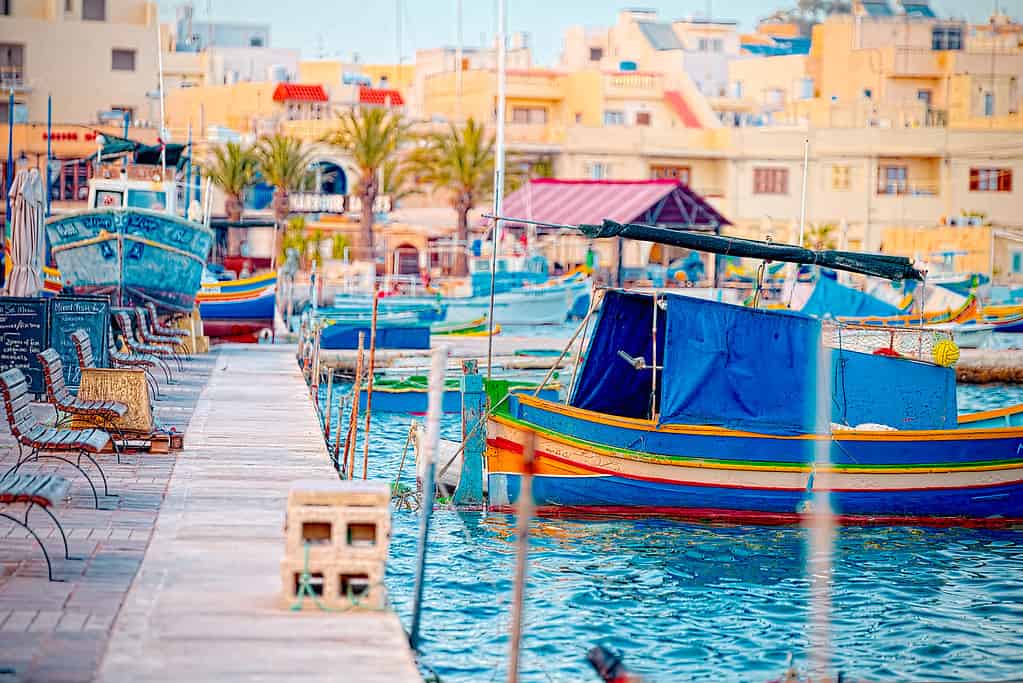
Mediterranean Malta legalized cannabis in 2021.
©arkanto/iStock via Getty Images
Malta, in southern Europe, is an island situated in the Mediterranean Sea, and it’s the smallest member state of the European Union. The government legalized marijuana in 2021, so consumers over the age of 18 can buy, possess and grow marijuana. The Authority for the Responsible Use of Cannabis (ARUC) regulates its use.
As of now, adults can possess no more than seven grams of weed and cultivate up to four plants at home. As with other marijuana-legalized countries, it’s illegal to smoke weed in front of children or in public.
Supporters of the 2021 legalization believed legalizing it would help users access cannabis in a safe, regulated way and promote a drop in drug trafficking.
Thailand
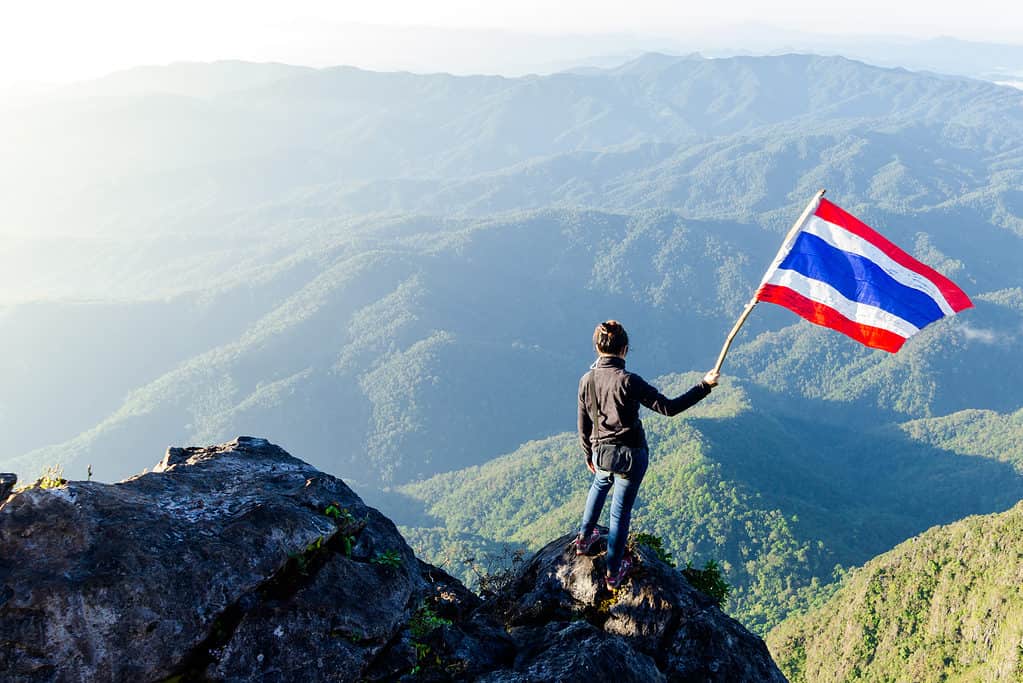
In Southeast Asia, the only marijuana-legal country is Thailand.
©jakapan Chumchuen/Shutterstock.com
Thailand in Southeast Asia legalized marijuana in 2022. Before the bill, possession of cannabis could result in a 15-year prison sentence, and the death penalty awaited drug traffickers.
Thailand is the first Asian country to legalize weed, and since it was enshrined in law, over 1.1 million Thai folks have applied for a growing license. Many marijuana shops line Bangkok’s streets. However, it may not be legal for long. All major political parties’ election campaigns promised to limit marijuana sales to medical use only. A draft bill to make recreational cannabis illegal again is working its way through Parliament just 18 months after it was legalized.
Luxembourg
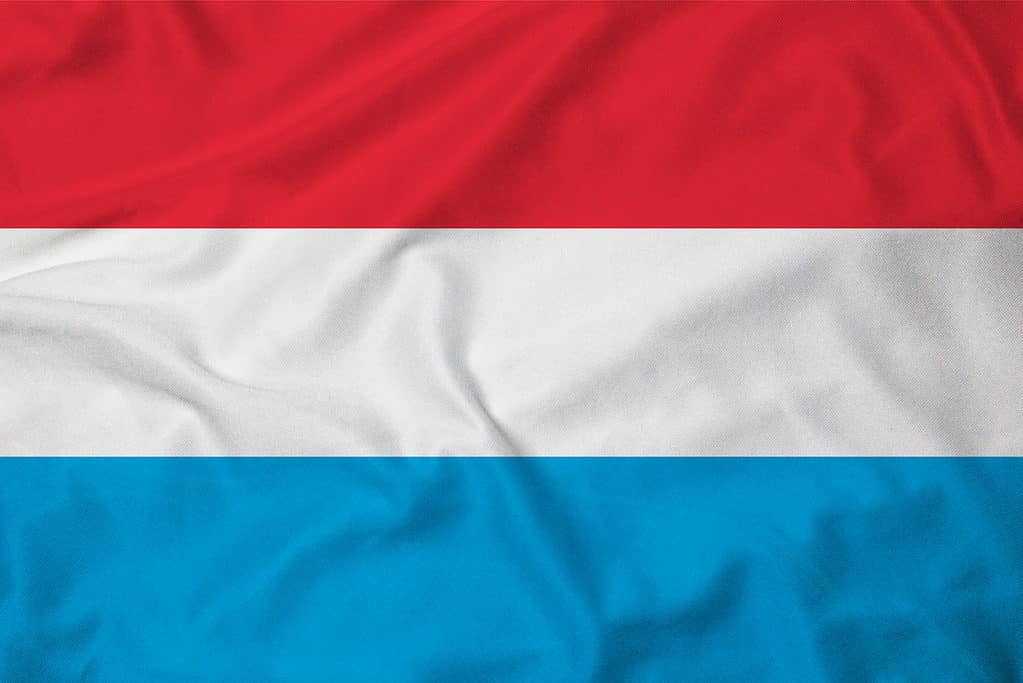
In Luxembourg, individuals may possess three grams of marijuana for personal use.
©iStock.com/Royal Graphics
Luxembourg is in Europe and surrounded by France, Germany, and Belgium. The government legalized recreational marijuana consumption for adults on June 21, 2023, making it the second European country to legalize cannabis, alongside Malta.
Consumers in Luxembourg can possess up to three grams of marijuana and grow up to four plants, but it’s still illegal to smoke, purchase, or transport it. Currently, plans are underway to form state-regulated forms of sale.
The Netherlands
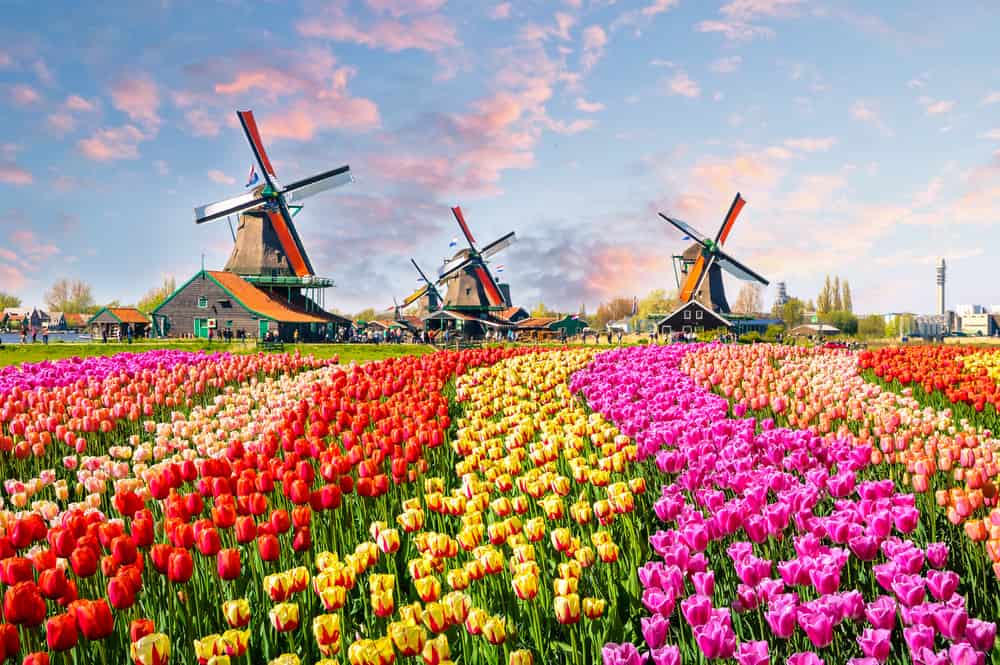
Possessing a small amount of marijuana has been tolerated in The Netherlands since 1976.
©Olena Znak/Shutterstock.com
Possessing marijuana in The Netherlands is illegal, but it’s decriminalized. Licensed coffee shops sell cannabis and soft drugs.
Cannabis cafes in Amsterdam began springing up in the mid-1970s, and they’ve become famous for their marijuana culture ever since. However, it’s not a relaxed policy. Cafes are subject to regular police inspections.
Jamaica
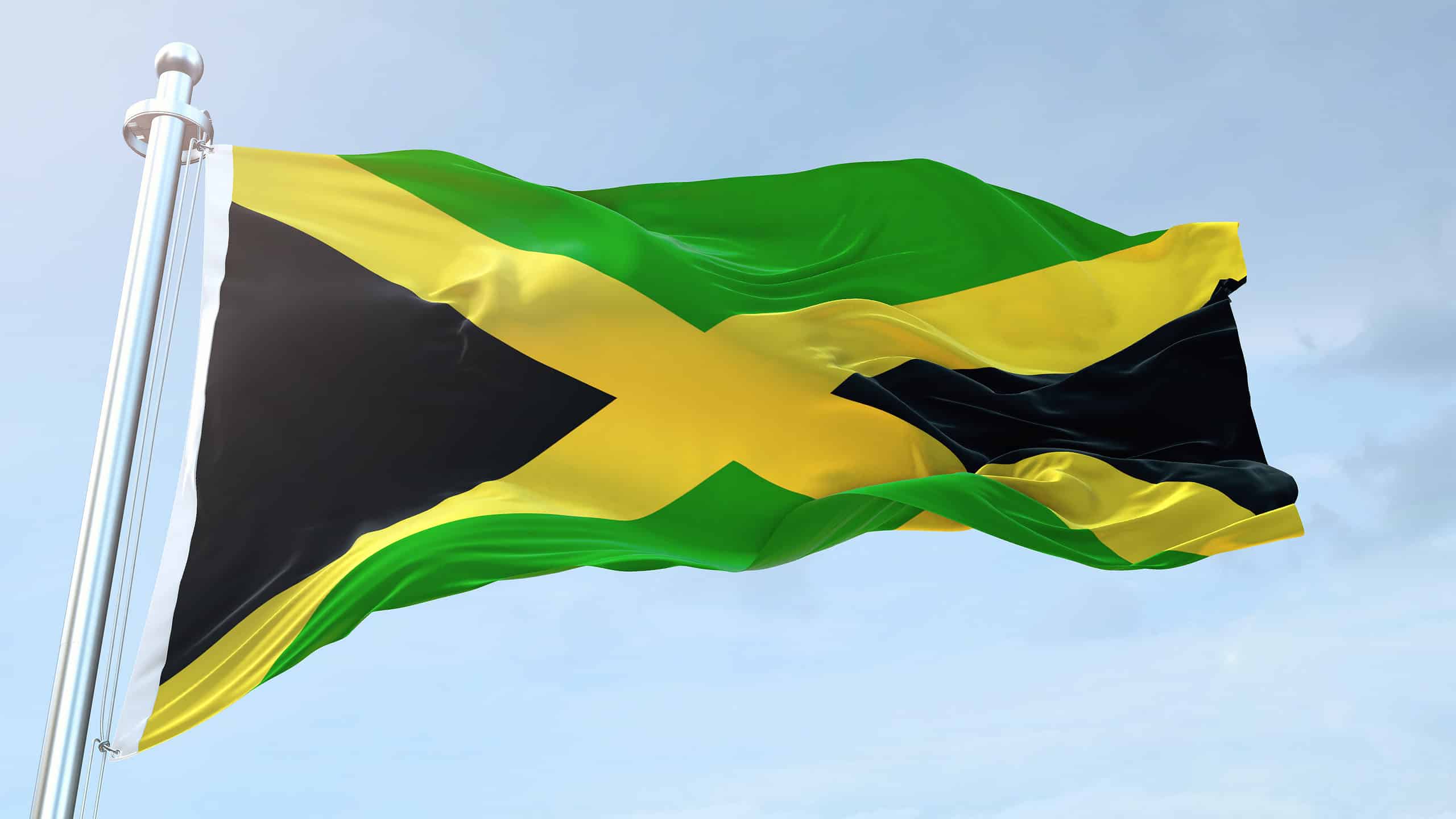
Rastafarians can carry an unlimited amount of marijuana in Jamaica.
©iStock.com/EA
Jamaica is known for its weed culture, but it’s actually illegal there and was only decriminalized in 2015.
Rastafarians, who consider marijuana a religious sacrament, can carry an unlimited amount of marijuana for religious purposes, and citizens may grow up to five plants each, but it’s a two-ounce maximum for everyone else, and you can’t smoke in public.
Chile
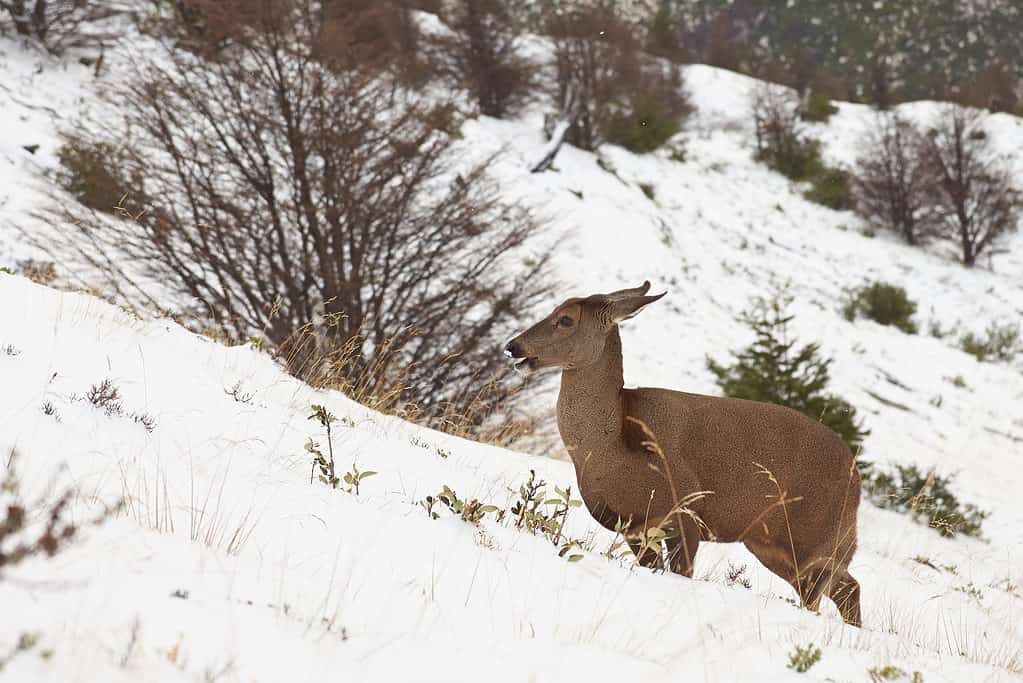
Chili decriminalized personal possession of marijuana in 2015.
©iStock.com/JeremyRichards
In Chili, the sale, transportation, and public consumption of cannabis is illegal, but personal possession of small amounts is decriminalized. It’s a popular pastime there, with the highest per capita in Latin America.
Decriminalization occurred in 2015 because the government hoped it would reduce trafficking and keep cannabis users safe.
Ecuador

In Ecuador, individuals can possess up to 10 grams of cannabis for personal use.
©Maxim Studio/Shutterstock.com
Up to ten grams of personal marijuana is tolerated in Ecuador. It was decriminalized in 2019, but sale and transportation remain illegal.
No specific laws surround the number of plants an individual may grow, but up to 10 grams of hashish is not considered a crime. 10 grams is a higher amount than many other countries that have decriminalized weed, and that’s because Ecuador’s 2008 Constitution outlines marijuana consumption as a health concern, not a crime.
Colombia
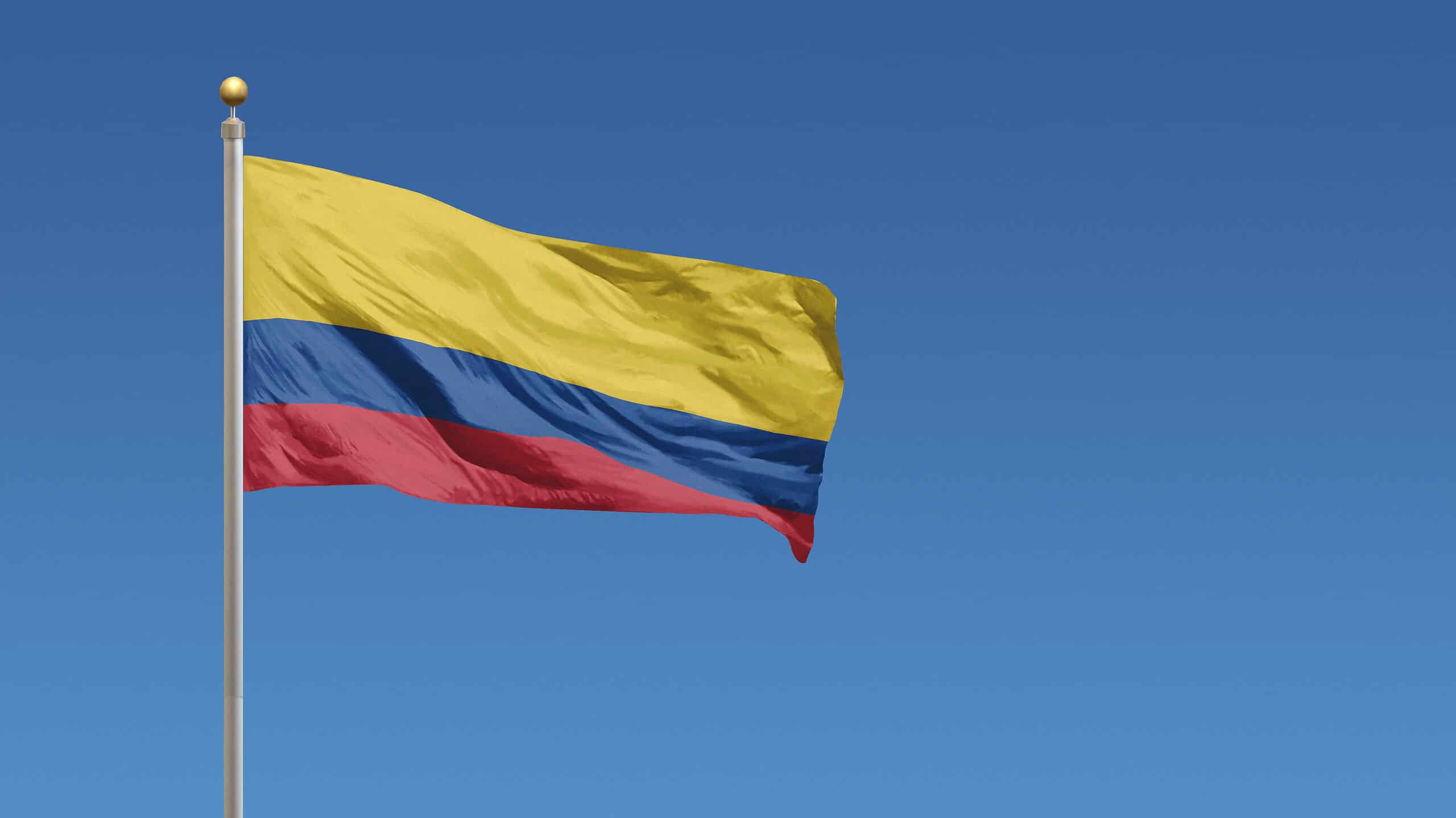
Colombia decriminalized marijuana in 1994, but it’s still technically illegal.
©Derek Brumby/Shutterstock.com
Recreational marijuana is illegal in Columbia, but as early as 1994, personal possession was decriminalized.
A recent attempt to push a legal bill through the government failed, leaving over 200,000 cannabis farmers operating outside the law. However, individuals can possess 20 grams of cannabis at home and, since 2015, grow 20 cannabis plants.
South Africa
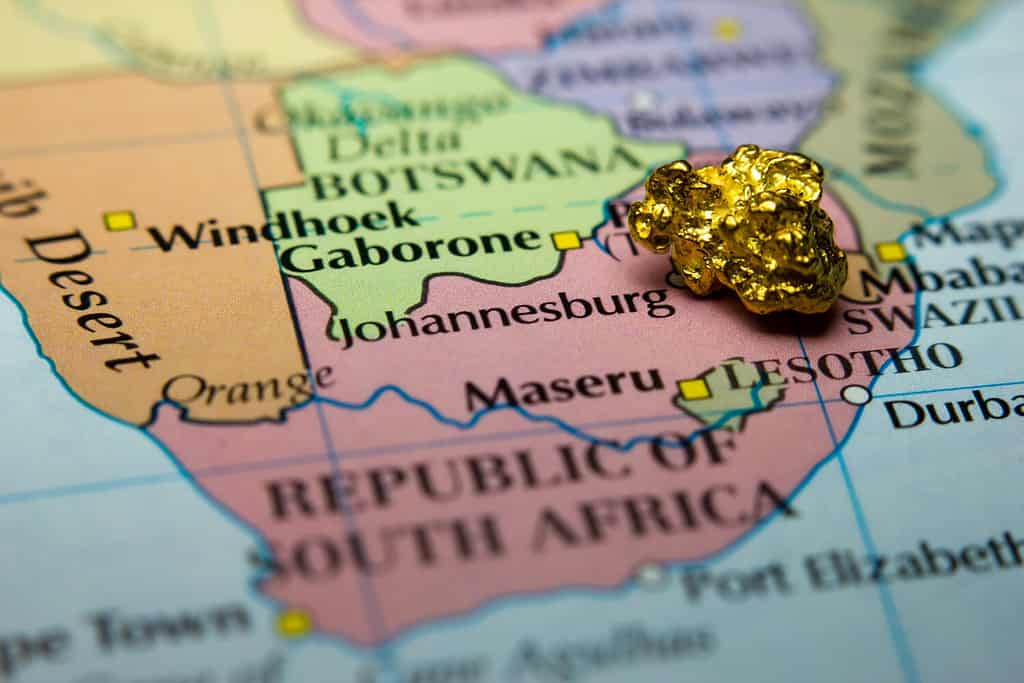
Most of South Africa’s marijuana is grown in the dagga belt.
©corlaffra/Shutterstock.com
Known as “dagga” in Afrikaans, marijuana is still technically illegal, but the decriminalization of personal use in private occurred in 2018. South Africans may grow marijuana for personal use, and no limits currently exist, but smoking in front of children or in public is prohibited.
Experts believe that marijuana may soon become fully legal in South Africa, not least because its climate and soil are perfectly suited to growing the cannabis plant.
Czech Republic
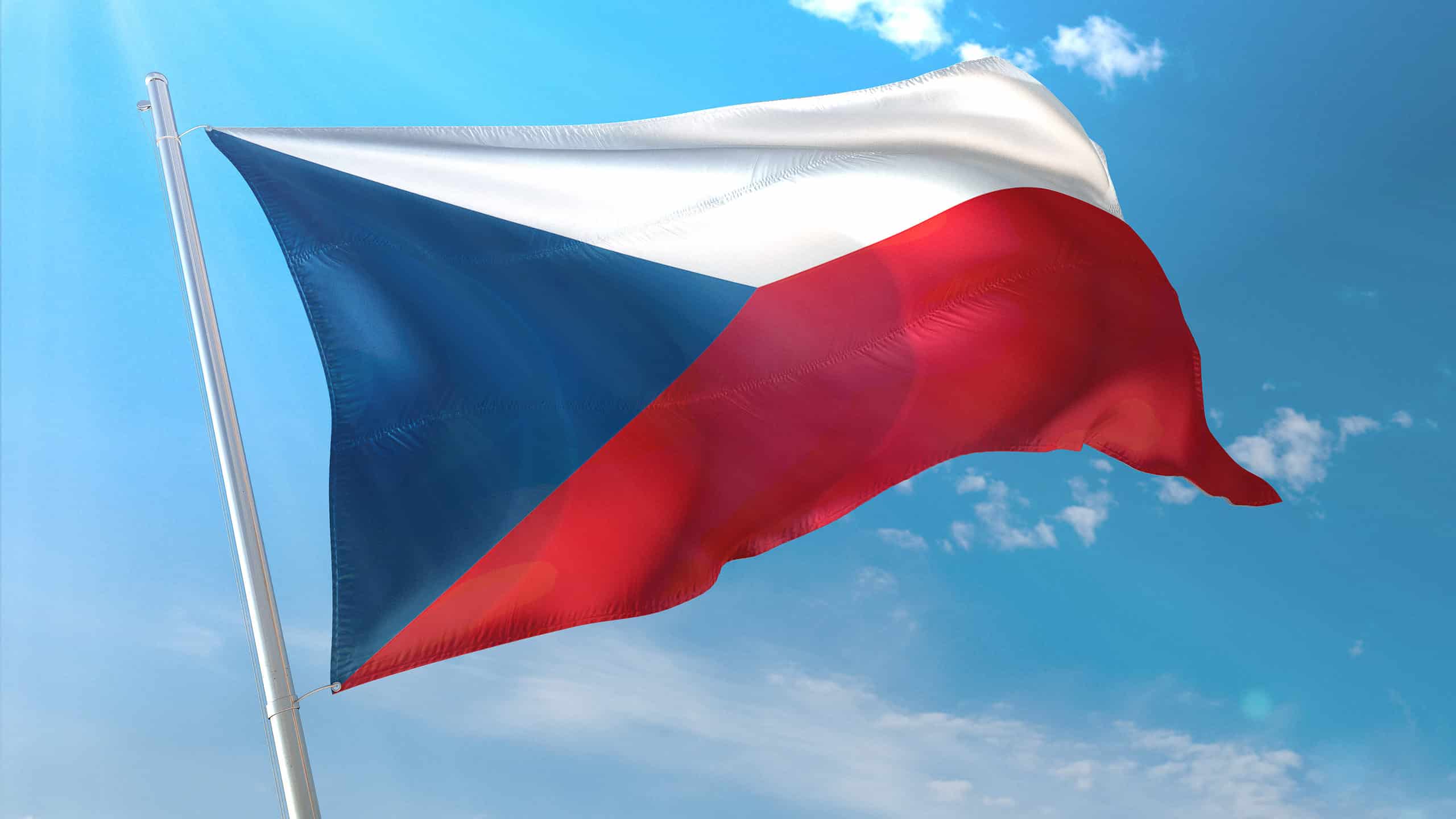
The Czech Republic is moving toward marijuana legalization in 2024.
©NVM Design/Shutterstock.com
Recreational marijuana use is illegal in the Czech Republic, but personal use of 10 grams and up to five plants was decriminalized in 2010. In 2024, the Czech Government is pushing through a bill to legalize marijuana to address addiction problems. European Monitoring Centre for Drugs and Drug Addiction (EMCDDA) statistics indicate Czechs smoke the most marijuana in Europe.
Portugal
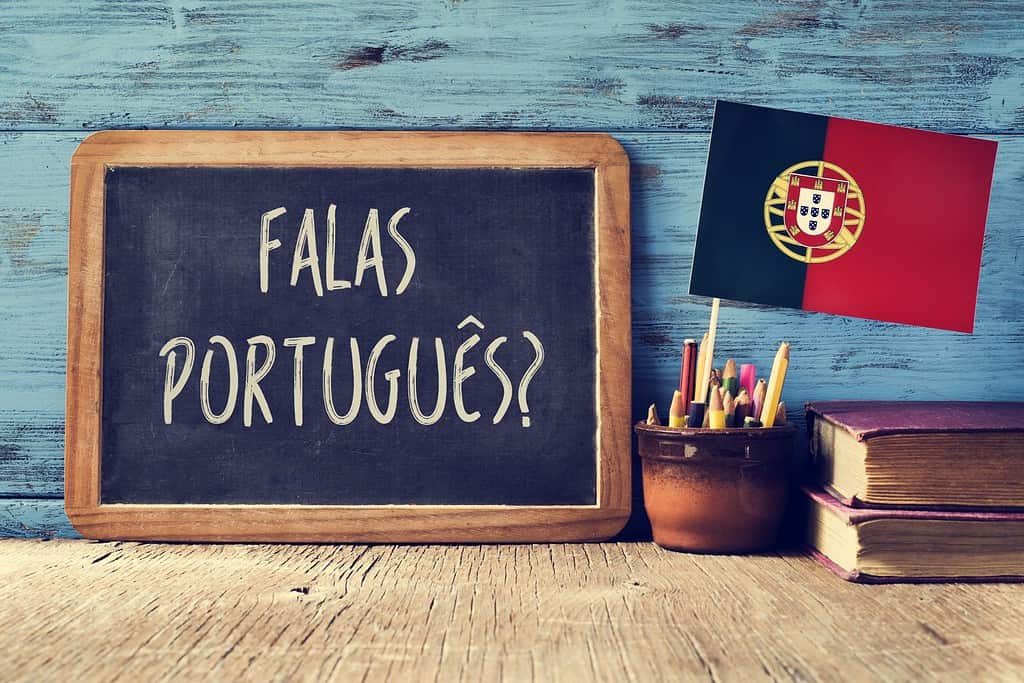
South European Portugal decriminalized all drugs in 2001, including marijuana.
©nito/Shutterstock.com
Portugal decriminalized personal recreational marijuana use in 2001, but technically, it’s still illegal. Selling, transporting, smoking in front of children, and smoking in public aren’t allowed.
All drugs are decriminalized there to help fight rising HIV infections from infected needles.
Spain
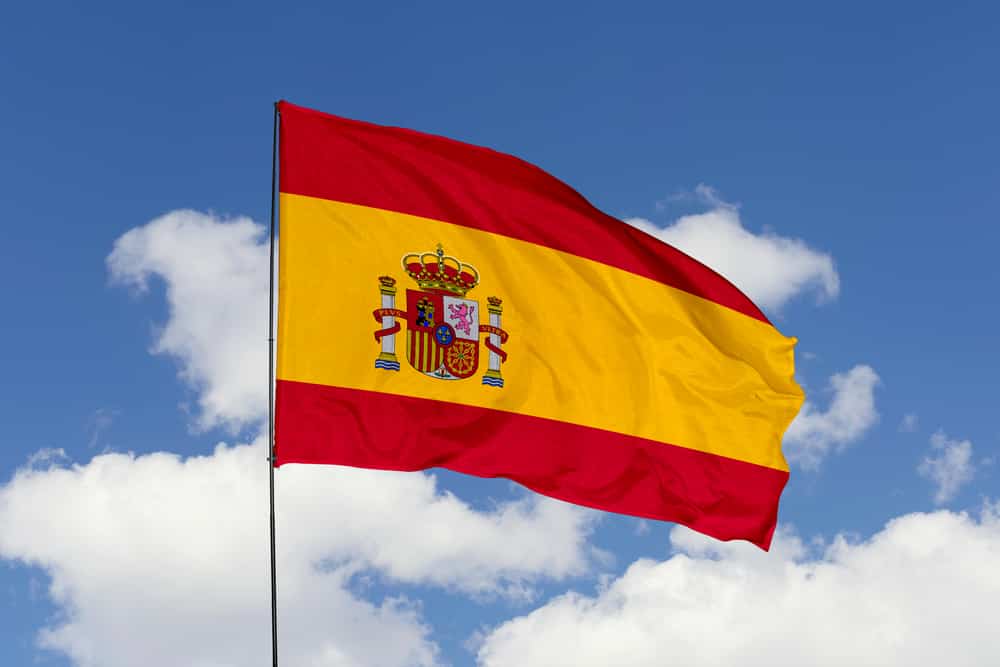
Barcelona contains most of Spain’s cannabis smoking clubs.
©Tatohra/Shutterstock.com
It’s illegal to sell, buy, import, or publicly consume marijuana in Spain, but adults growing and consuming it in private is legal.
Spain is home to cannabis smoking clubs, most of which are located in the Catalonia region. These private clubs grow cannabis plants for members in exchange for growing costs. However, their legal status is under the microscope.
Argentina

Marijuana laws remain confusing in Argentina, specifically around what constitutes a small amount.
©SidorovStock/iStock via Getty Images
Despite decriminalizing small amounts of personal marijuana in 2009, some ambiguity still surrounds its legality. The Supreme Court ruled recreational adult use represented private behavior that did not pose danger to others, however, a small amount is not defined. This has led to arrests for small amounts with no clear guidance for judges.
In Argentina, possessing a large amount of cannabis results in up to 16 years in prison for drug smuggling.
Belize

Cannabis is illegal in Belize, but personal consumption of 10 grams or less is decriminalized.
©BUTENKOV ALEKSEI/Shutterstock.com
The use of cannabis in Belize is illegal, but in 2017, decriminalization made it possible for adults to consume weed on private property and possess 10 grams or less. However, it’s still illegal to buy or grow marijuana.
In the 1980s, Belize supplied a lot of cannabis to the United States, but the government clamped down, burning 34 marijuana fields worth $29 million in 2014.
Costa Rica
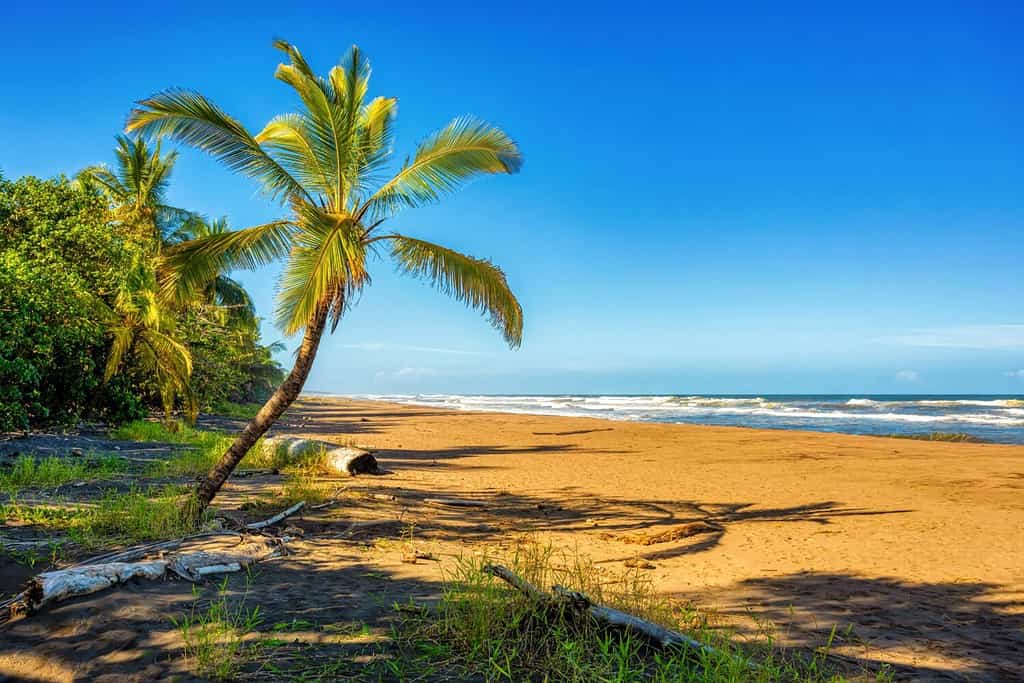
Vague Costa Rican laws surrounding marijuana means consuming it there is tricky.
©Artush/Shutterstock.com
Personal adult consumption of weed is decriminalized in Costa Rica, but it’s technically still illegal. All associated activities, such as selling, buying, and transporting, are criminal offenses.
The laws here are notoriously vague because “small amounts for personal use” are interpreted differently, and no laws exist for plant cultivation.
In 2023, legislators rejected a bill to legalize marijuana so that the law won’t change anytime soon.
The photo featured at the top of this post is © Khalid Mahmood, CC BY-SA 3.0 , via Wikimedia Commons – License / Original
Thank you for reading! Have some feedback for us? Contact the AZ Animals editorial team.




